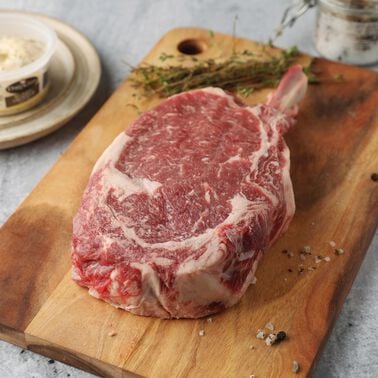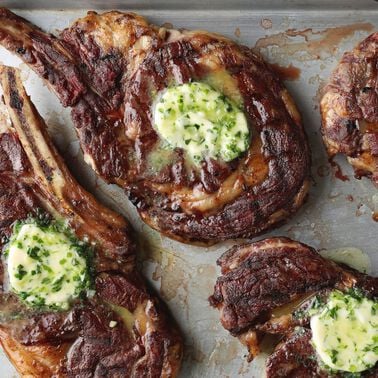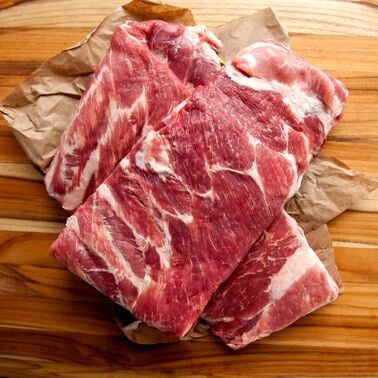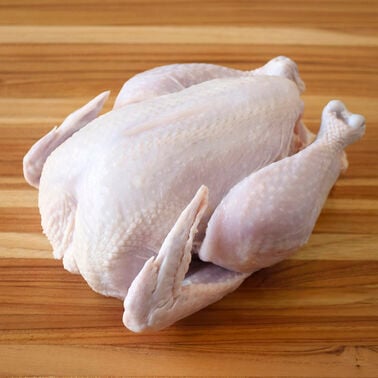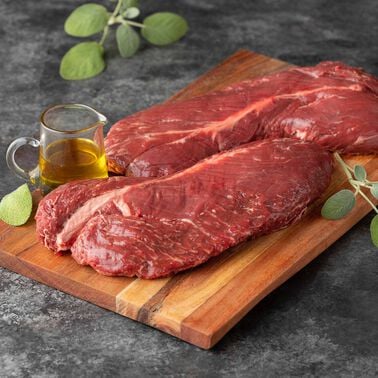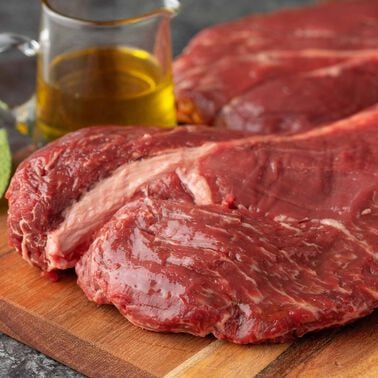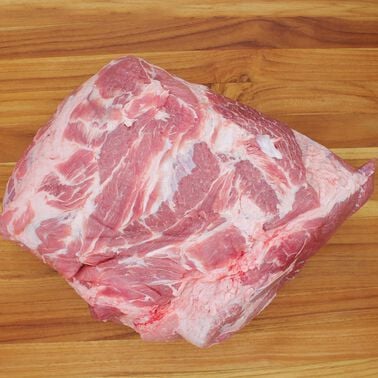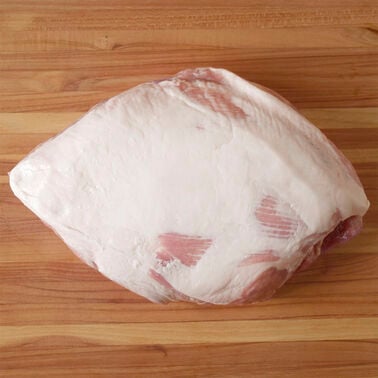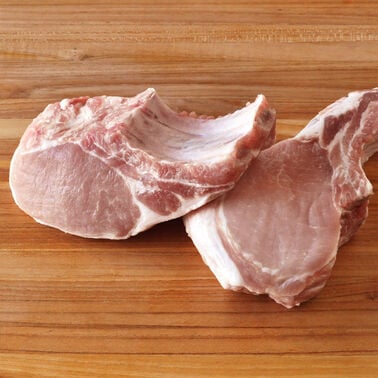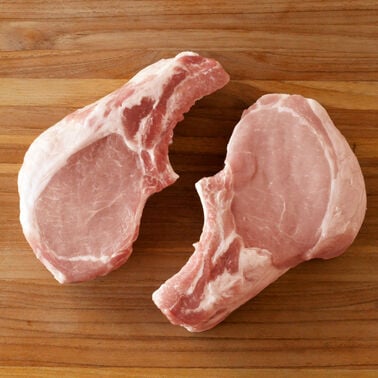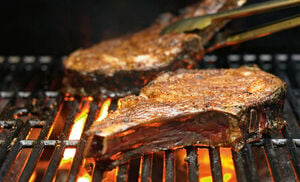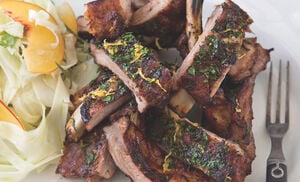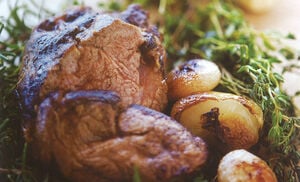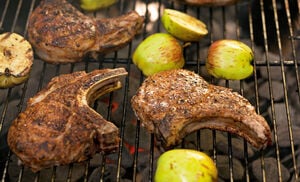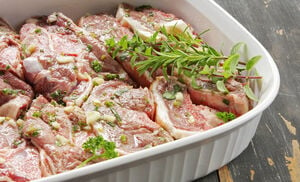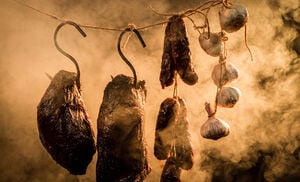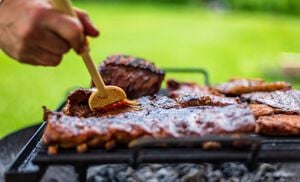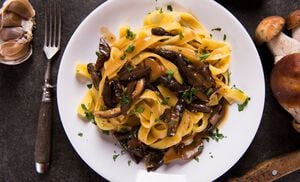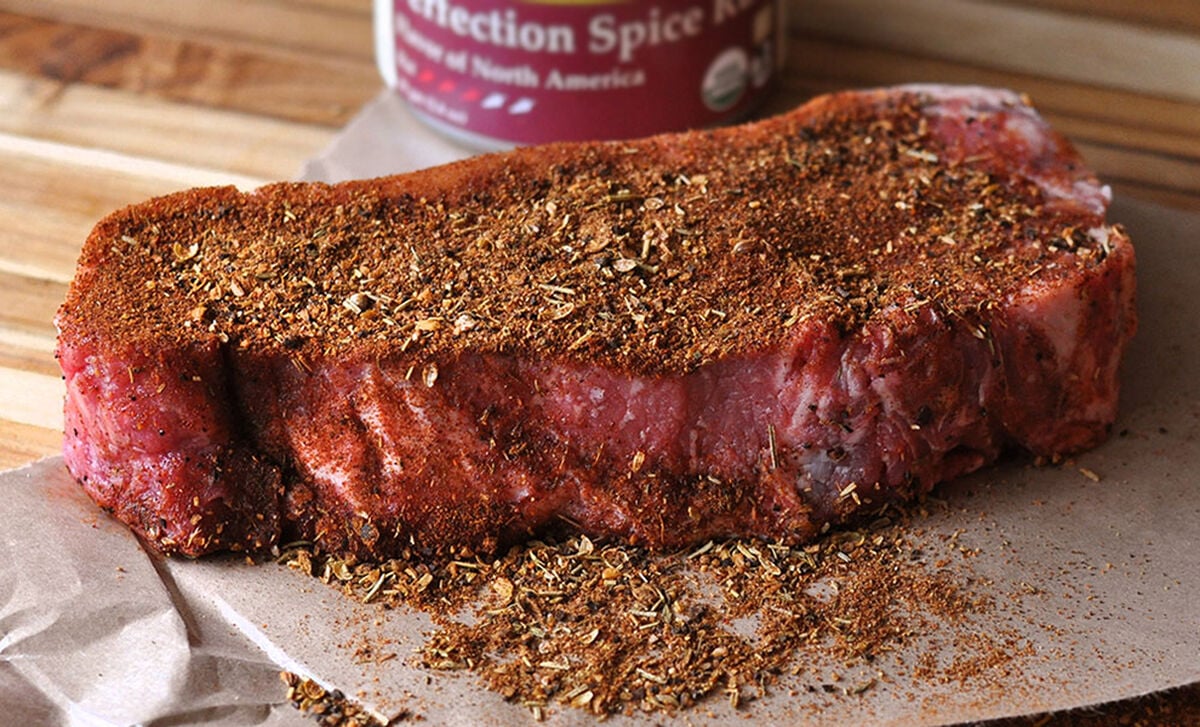
Dry or Wet?
Using a dry rub or a wet (paste) rub is really just a matter of preference. Dry rubs require a little moisture from the surface of the meat to stay on, but as the meat cooks and releases juices, a dry rub will create a wonderfully flavored crust. If you’re cooking meat that is somewhat dry to begin with, such as poultry, a wet rub may work better for you. Any dry rub can be converted into a wet rub by adding a bit of neutral tasting oil or other liquid to create a thick paste.
Make it
When making a rub, whether wet or dry, it’s essential to use fresh ingredients. People hold onto spices and dried herbs for far too long – if you haven’t used it in over 1 year, toss it. Rubs can be made with any combination of spices, dried herbs, dried mushrooms, salts and or/sugars. The flavor of rubs will intensify during cooking and if you add sugar to the mix you’ll also get caramelization, which adds another layer of flavor as well. Just be mindful of burning.
Usage
When using rubs, it’s best to roll up your sleeves and get in there – rubbing the mixture into and all over the meat with your hands, covering completely. Use about one tablespoon for every pound of meat. You can apply a rub right before you cook or a few hours ahead of time for basic grilling or up to 24 hours ahead if you’re hot-smoking.
Storage
Dry-rubs will stay fresh for about six months if kept in an air-tight jar in a cool, dark place. When using, always decant the portion you need from the storage jar into a small bowl to prevent contamination from your hands that have been in contact with the raw meat. Wet rubs can be stored for about one week in the refrigerator, in a covered jar. Whether wet or dry, don’t forget to date your jars.
Worldwide Rubs
Spice rubs are used in many different types of cuisine - from French to Jamaican, Chinese to Moroccan, Indian to American barbecue – it’s a great way to experiment and get creative with different flavors. When experimenting with rubs, be sure to write down the ingredients and ratios. This way when you find your ‘perfect mix’ you’ll have a record of it.
Quick Tips
- Ground dried mushrooms are delicious in rubs. They add a wonderful earthy, savory character. Put a few dried mushrooms of your choice in a spice grinder or food processor and grind until they become a fine powder. Porcini mushrooms are especially good for this.
- Don’t limit your rub ingredients to just spices and herbs – unsweetened cocoa powder or finely ground coffee beans are excellent add-ins. Think outside the spice rack.
- If you want to make a wet rub without adding much fat, you can use just a touch of oil then moisten with a squeeze of lemon, a little stock, beer or bourbon.
